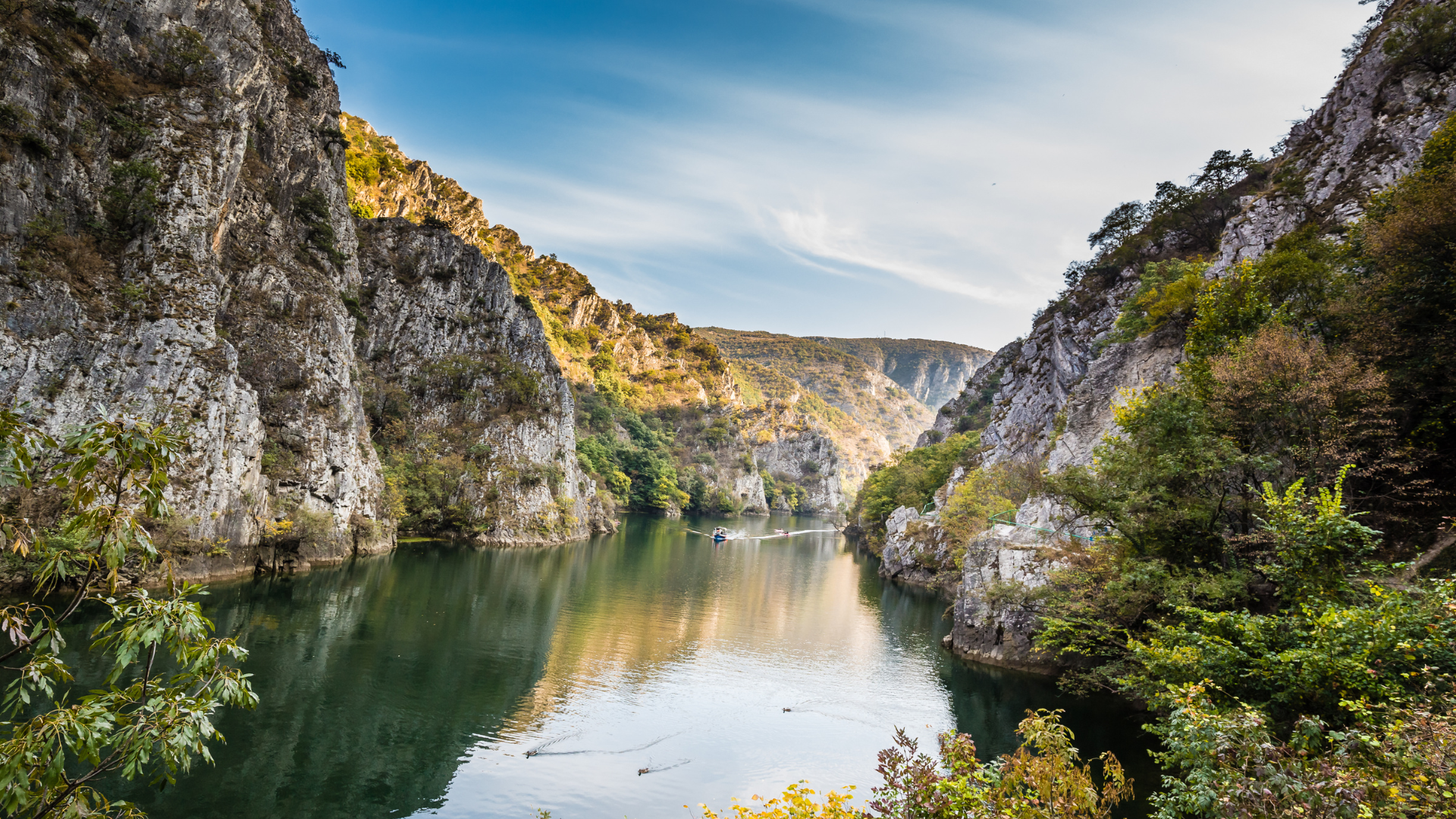Climate Governance in North Macedonia: Progress and Pitfalls
by Sofia Shabafrouz, GIZ / EUKI
In part 6/7 of our series of articles on the six countries of the Western Balkans, we learn about North Macedonia’s progress and setbacks as it works to combat climate change and align its national legislation with European climate mandates. While the National Energy and Climate Plan was adopted in June 2022, the Law on Climate Action is still pending. If headway is to be made, then a concerted effort will be required to fill legislative gaps, engage stakeholders and prioritise climate action.

Amid growing global concern over climate change, North Macedonia has embarked on a journey to navigate the complex landscape of climate governance. However, this endeavour has been fraught with challenges, as highlighted by the second shadow report on the climate change sub-chapter published in 2022 by Platform 2027, a network of environmental civil society organisations (CSOs) led by the Center for Climate Change. Shadow reports are independent assessments by non-governmental groups of topics such as a country’s performance in addressing climate change, and often provide critical analysis and recommendations for improvement. The reports in North Macedonia are developed by four NGOs. They highlight the environmental challenges and a significant gap between European climate legislation and national laws, particularly in the areas of monitoring, reporting, emissions trading and adaptation.
Findings of the Shadow Report
Frustration at Slow Progress and Other Shortcomings
Bojana Stanojevska Pecurovska, President of the Center for Climate Change is coordinating Platform 27’s preparations for the next shadow report for 2023. She says that there has been little progress over the past year: ‘Since our last shadow report, no further laws and regulations have been prepared – not even a single document!’ The Law on Climate Action was drafted five years ago, but is yet to be presented to North Macedonia’s parliament for approval. ‘That’s why we’re planning to submit a request to the relevant institutions together with other Platform 27 organisations.’ Without this law, Pecurovska explains, North Macedonia cannot put in place any effective mechanisms, such as a carbon tax, for transitioning away from old and outdated energy sources, most notably coal. ‘What’s more, our Nationally Determined Contributions are still a declaration, not a legal framework, and we are yet to develop a national climate adaptation plan to help our country mobilise funds for responding to extreme weather events,’ she continues. She also notes the limited degree of transparency in the decision-making process. ‘Our centre is well-known and governmental institutions feel comfortable working with us. But sometimes they forget to involve us. That tells you a lot about the lack of well-established mechanisms for stakeholder engagement. Even after so many years of policy dialogue, and with legal mechanisms for inclusive decision-making in place, there is still a need to involve civil society organisations to a greater extent and at the right time!’
Related projects in North Macedonia
The Center for Climate Change, headed by Pecurovska, is coordinating the Regional Partnership for Better Implementation of the Green Agenda for the Western Balkans (GAWB) at Local Level, a recent initiative of the Civica Mobilitas project. The Partnership aims to contribute to North Macedonia’s transition towards the EU’s goal of a carbon-neutral society. It plans to achieve this through inclusive and transparent implementation of the GAWB at regional and municipal level. By working with local NGOs and partners, and engaging in active cooperation with the civil sector, the project hopes to involve all stakeholders in the policy-making process.
As a member of the recently established Climate Bridges Network, which strives to boost climate action in South-Eastern Europe, the Center for Climate Change seeks to promote transnational climate policy in the region. The Center has partnered with the Network’s founding organisations to participate in EUKI’s latest call for project ideas, applying for an extension of the now completed EUKI Climate Bridges project.

